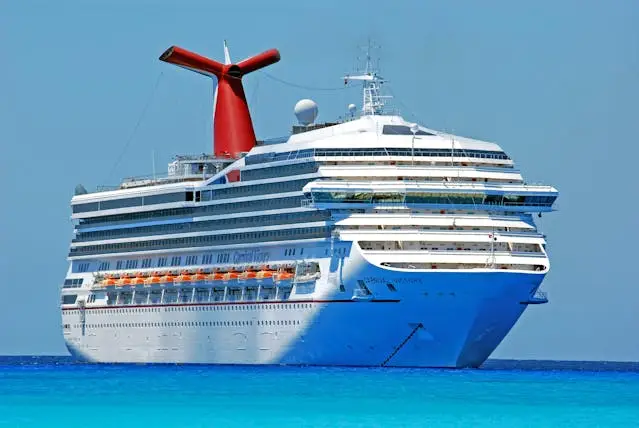In a move that could impact the decisions of cruise passengers worldwide, Mexico has reversed its controversial cruise tax. Initially set at $5, the tax was scheduled to rise to $21 by 2028. While the Florida-Caribbean Cruise Association (FCCA) supported the tax for its potential community benefits, the decision has sparked debate across the cruise industry.
The tax, introduced as a measure to generate additional revenue for the country, was seen by many as an unnecessary burden on cruise passengers. Its reversal comes as a relief to many in the industry, who feared it would deter potential cruisers, particularly those on a tight budget.
The Implication on Cruise Passengers’ Choices
The initial tax introduction raised concerns about the potential effects on the appeal of Mexican cruise voyages. Critics argued that the extra cost, though seemingly small, could influence passengers’ decision-making, potentially prompting them to opt for other destinations. The reversal of the tax, therefore, comes as a significant relief for cruise companies that heavily rely on the popularity of Mexican ports.
Cruise passengers, particularly those from lower-income brackets, are highly sensitive to price changes. Therefore, the addition of a cruise tax could have been a deciding factor for many when choosing their vacation destinations. The removal of the tax is expected to maintain the competitive pricing of Mexican cruises and maintain the country’s appeal as a favored cruise destination.
The Florida-Caribbean Cruise Association’s Stance
Despite the widespread criticism, the FCCA had expressed support for the cruise tax, citing its potential benefits for local communities. The association believed that the additional revenue could be used to improve infrastructure and services in Mexican ports, thereby enhancing the overall cruise experience for passengers.
The FCCA’s stance was not universally shared within the industry. Many argued that the potential benefits to local communities could be outweighed by the potential loss in cruise traffic. The association has yet to comment on the decision to reverse the tax.
Impact on the Cruise Industry
From the perspective of cruise companies, the reversal of the tax is largely seen as a positive move. Many had expressed concerns over the potential impact of the tax on the industry’s recovery, particularly in the aftermath of the Covid-19 pandemic. The cruise industry, like many others, is striving to bounce back from the significant disruptions caused by the pandemic, and the removal of the tax removes one potential hurdle.
The decision also arrives as the industry is grappling with the need to adapt to changing environmental regulations and customer expectations. Many cruise companies are investing heavily in sustainability initiatives and practices, recognizing that the future of the industry depends on its ability to operate in a more environmentally friendly manner. The tax reversal, therefore, can help maintain the financial viability of these initiatives.
In conclusion, the reversal of Mexico’s controversial cruise tax is likely to have significant implications for both passengers and cruise companies. While the tax’s original purpose was to generate additional revenue for the country, the potential impact on passenger choices and the industry’s recovery has led to its repeal. As the cruise industry continues to navigate the challenges of the post-pandemic era, the decision marks a notable development in the ongoing dialogue between destinations and cruise operators.















